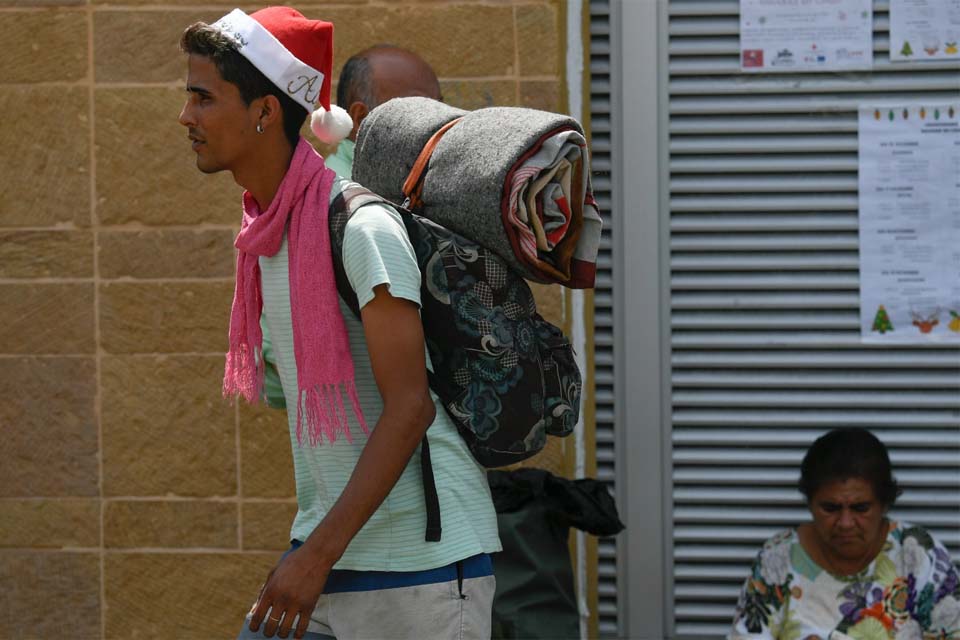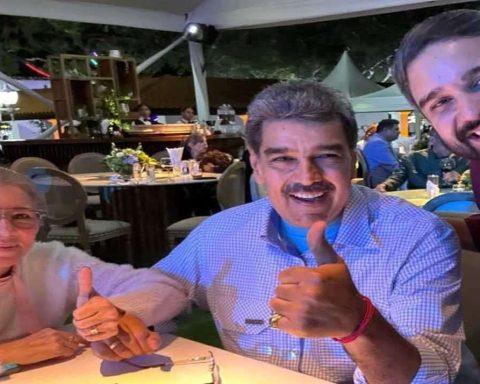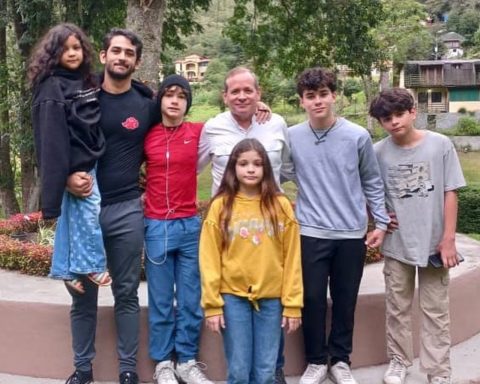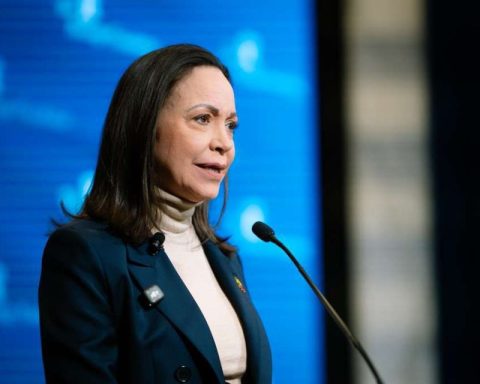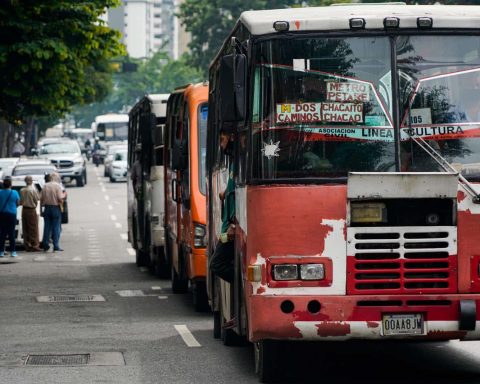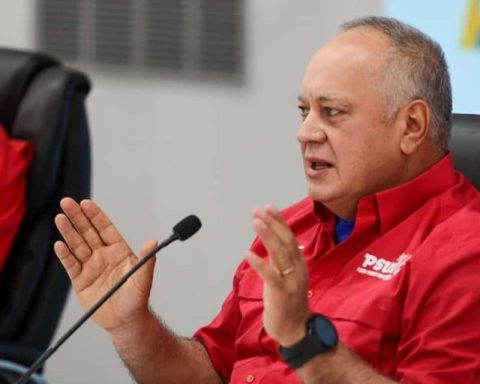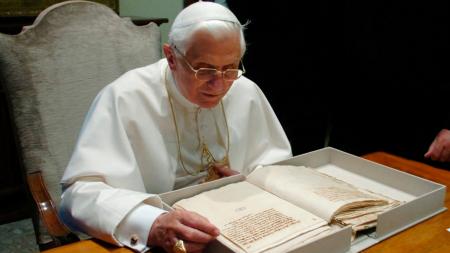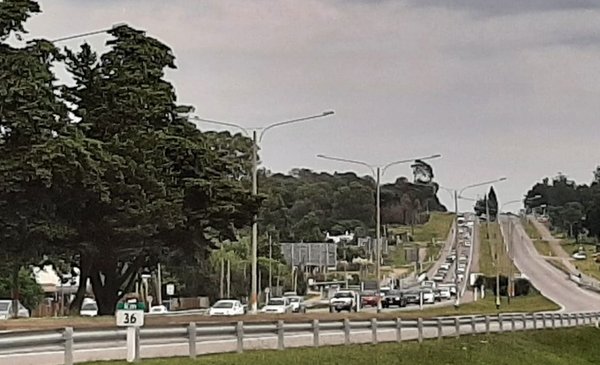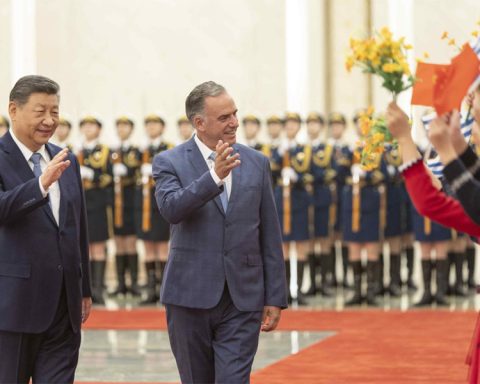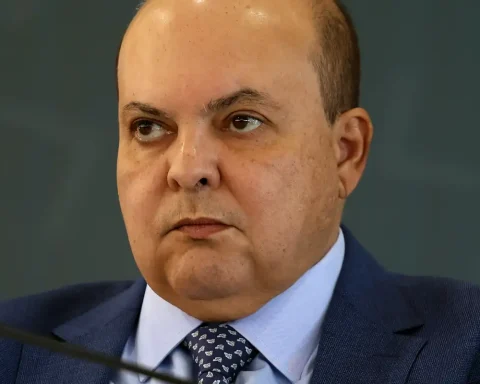The voice of america spoke with David Smolansky, commissioner of the OAS General Secretariat for the crisis of Venezuelan migrants and refugees, about the current situation of Venezuelan migration and what is expected for 2023
David Smolansky, commissioner of the OAS General Secretariat for the crisis of Venezuelan migrants and refugees, told the voice of america that “people will continue to flee Venezuela” if the “tyranny” of Nicolás Maduro is prolonged and as long as they have to continue dealing with “shortages of food, shortages of medicine, high cost of living and security.”
Smolansky explained to the VOA the hidden side behind the humanitarian crisis of Venezuelans, arguing, for example, about the death of 71 migrants that was registered this year on the migratory routes and the situation of the more than seven million who have already fled the country in an exodus that does not give signs of diminishing.
21 Venezuelan migrants died in the Darien Jungle.
18 died on routes in Central America and Mexico.
14 drowned or were killed en route to the Caribbean Sea.
13 drowned in the Rio Grande trying to reach the US.
5 died on routes in South America.
—David Smolansky (@dsmolansky) December 28, 2022
“They died trying to get somewhere else,” Smolansky said, “and it’s still a very high number. The truth is that throughout the continent we have recorded deaths of Venezuelans fleeing the regime of Nicolás Maduro. So, as long as the tyranny continues, unfortunately there will always be “.
In fact, he pointed out that “the year is closing with approximately 1,700 Venezuelans fleeing daily.”
“We are talking about approximately 50,000 people fleeing each month, so you project that to a year and well, it could be 600,000 more people who leave next year. In 2022 there were a million”.
*Read also: 71 Venezuelan migrants died in transit in the Americas in 2022
Smolansky believes that “this crisis must be given the dimension it deserves, which is a global dimension. Latin America and the Caribbean, the entire continent… have the biggest migratory crisis on the planet. Today it only resembles that of Ukraine”.
The response has been inconsistent, he added, and he hopes it will be “much more proactive and welcoming and supportive by 2023.”
“Every year since 2019, a global donor conference has been held to respond to the Venezuelan migration crisis and in the case of this year it was postponed,” due to the other crisis in Ukraine.
“This has been one of the most difficult years from the point of view of cooperation to be able to protect, care for and integrate migrants and refugees and also provide support to receiving countries,” explained Smolansky.
When talking about economic cooperation, you only think of immigrants and refugees, he said, “but here you also talk about the receiving country or receiving country, where many countries in Latin America are developing and have their own limitations to be able to integrate Venezuelan migrants.
“I want to be very clear that my greatest desire is that all Venezuelans have the opportunity to return to our nation and that we can enjoy a nation where there are freedoms and the rule of law, opportunities, where there is democracy and where, above all, we can meet again. with our family,” Smolansky said.
However, “this time of year is very hard for Venezuelans because we spend Christmas and New Years away from loved ones.”
The needs raised by UNHCR
The Regional Interagency Coordination Platform for Refugees and Migrants from Venezuela (R4V), co-led by UNHCR, the UN Refugee Agency and the International Organization for Migration (IOM), presented its regional plan at the beginning of December of 1.720 million dollars to support the current needs of refugees and migrants from Venezuela and their host communities in 17 countries in Latin America and the Caribbean.
The statement indicated that several years after the start of this emergency, millions of Venezuelan refugees and migrants in the region “still cannot afford three meals a day, do not have safe and dignified accommodation, face obstacles to access medical care and they cannot work to support themselves and their families”.
The text stated that the funds would be used to respond to these humanitarian needs, complementing and supporting the efforts of host governments, which are primarily responsible for the response. In turn, they will promote socioeconomic integration, through access to employment, education and regularization opportunities, as well as social welfare programs so that they can achieve financial stability and effective integration that allows them to reach their full potential and contribute to the development of the countries that have welcomed them generously.
“Refugees and migrants from Venezuela cannot be forgotten. Many have seen their lives paralyzed and millions are struggling to feed their families or find opportunities to rebuild their lives,” said Eduardo Stein, UNHCR-IOM Joint Special Representative for Venezuelan refugees and migrants. “They are eager to contribute their knowledge, skills and creativity to their host communities, and have been doing so, but they need our support to overcome their most pressing challenges.”
According to UNHCR, more than 7 million refugees and migrants from Venezuela have left their country in search of safety and stability. The vast majority, almost six million people, live in 17 countries in Latin America and the Caribbean.
*Read also: Absence of prospects and family reunification promote the return of Venezuelans
